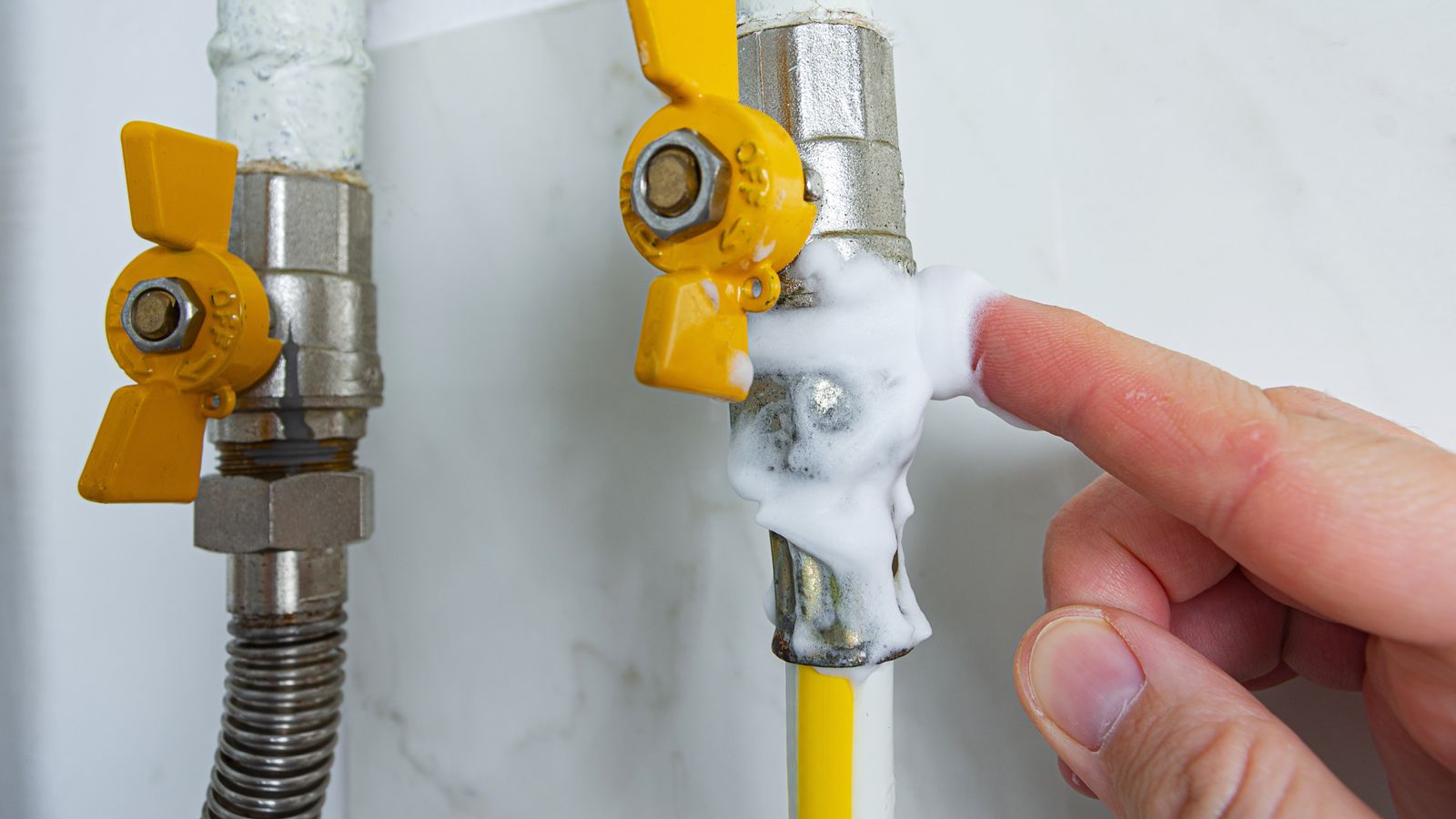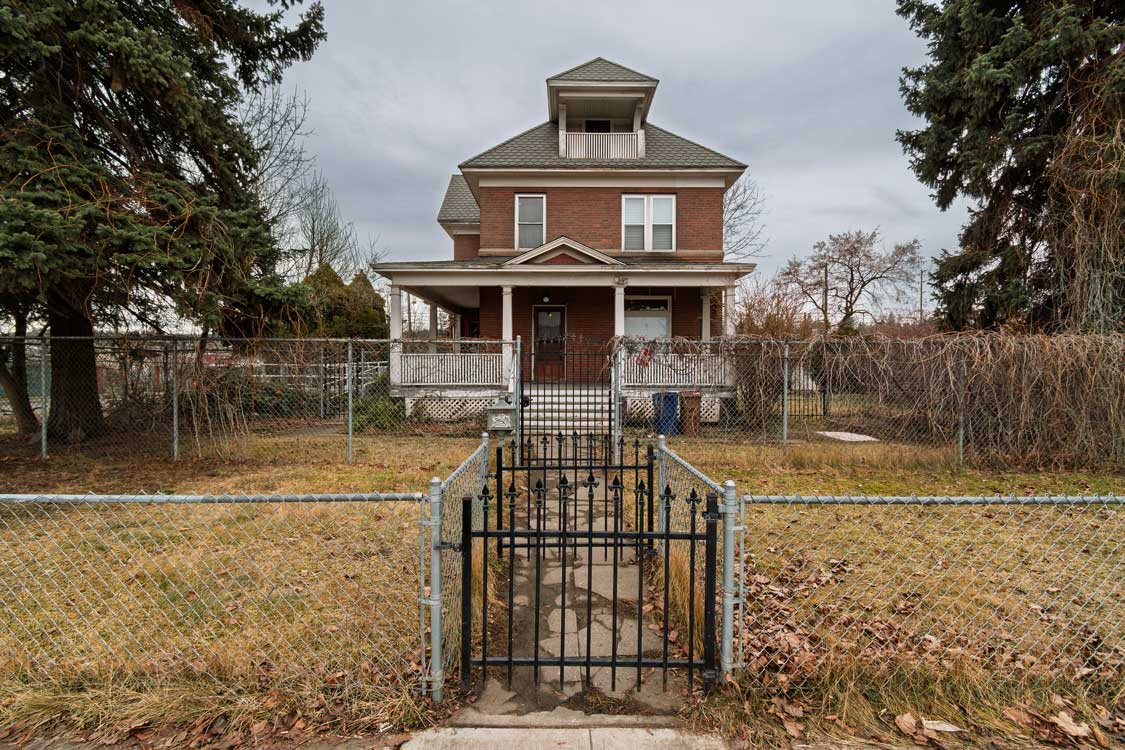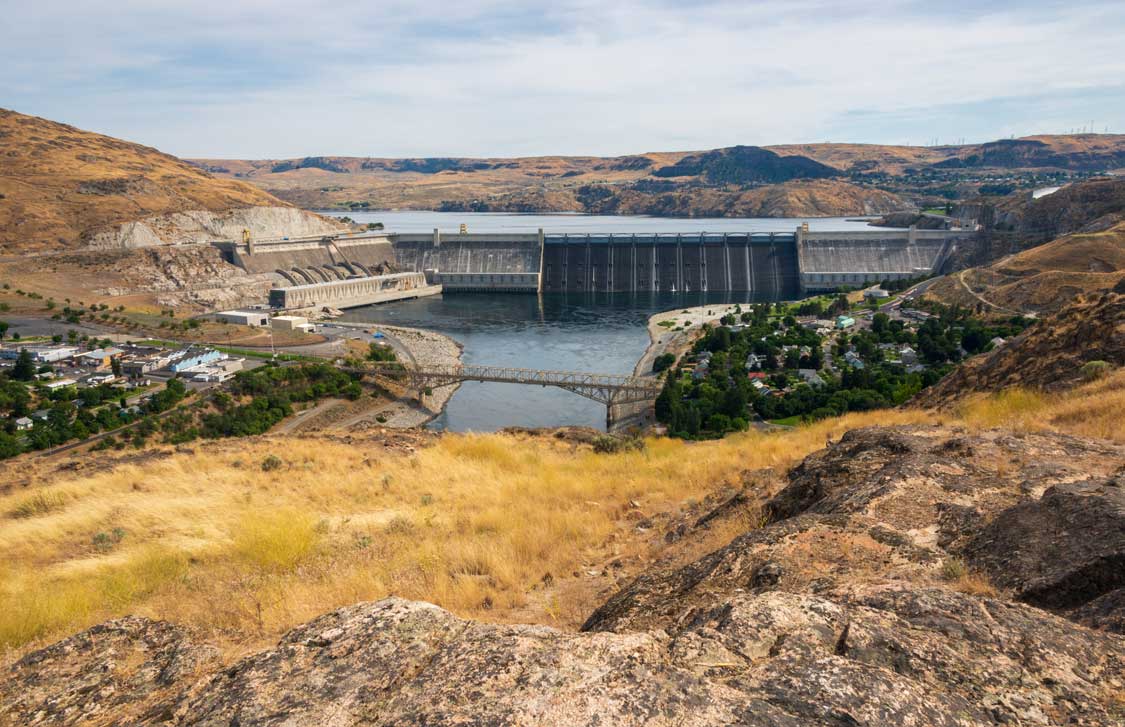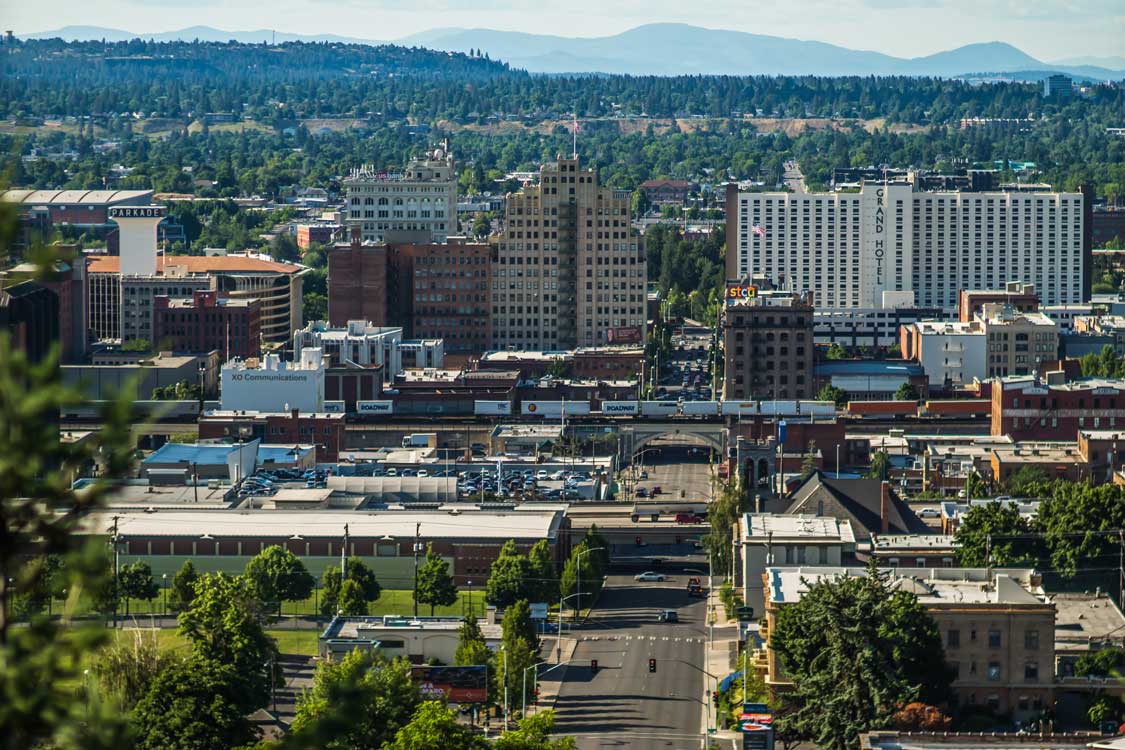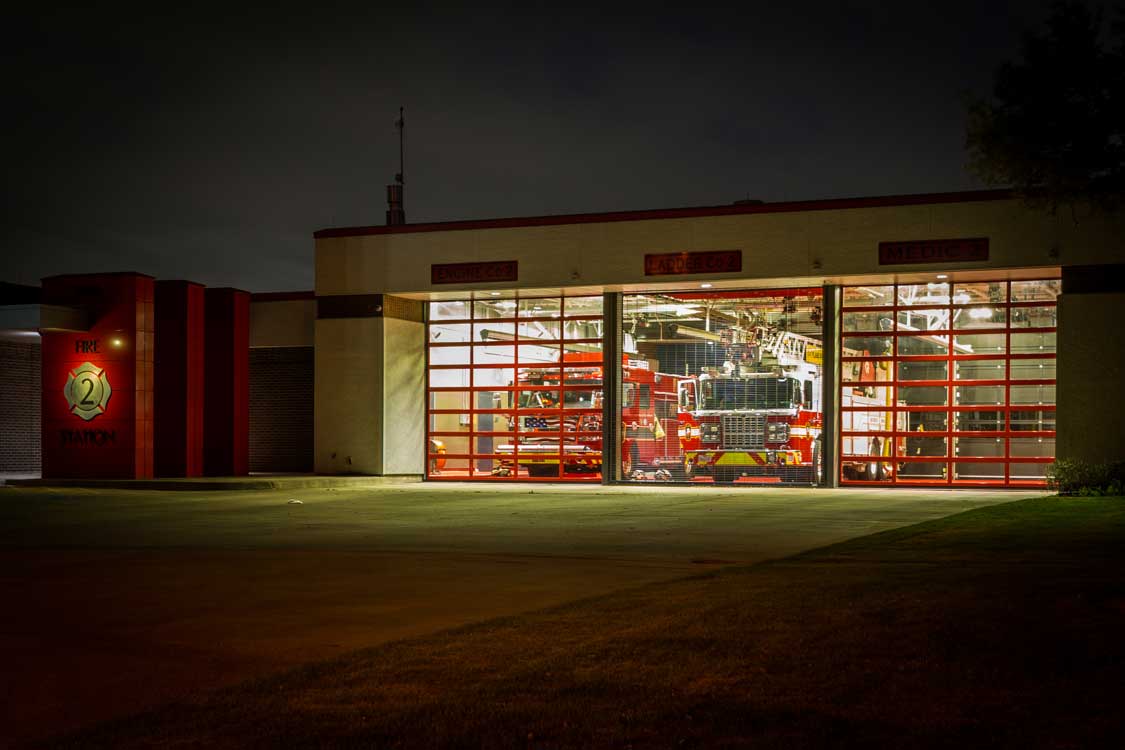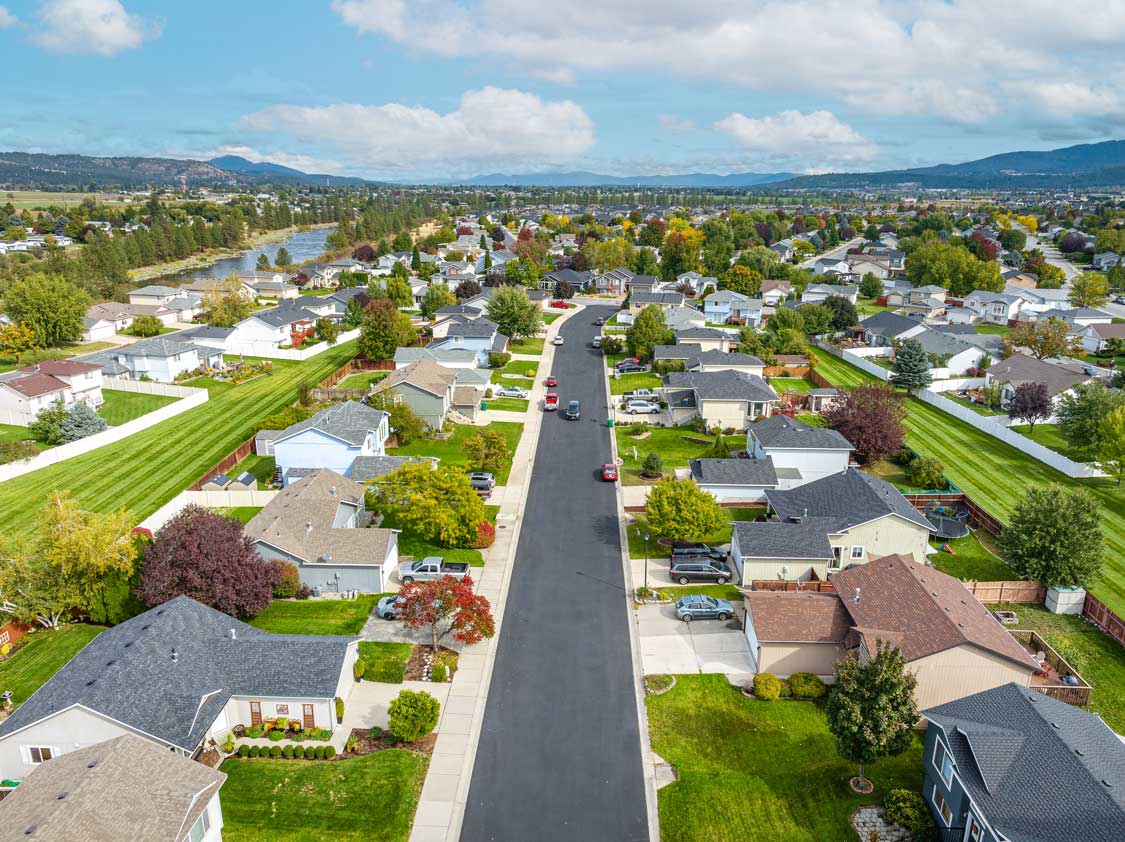Picture this: you’re enjoying a quiet evening at home when a peculiar smell catches your attention. Not exactly the night you had in mind, is it? Gas leaks have a way of popping up unannounced, turning your routine upside down in an instant. But here’s the deal—it’s not always easy to spot the warning signs. Gas leaks can sneak up on any homeowner, leading to serious risks like fires or health issues. At Bulldog Rooter, we’ve encountered it all. The good news? We know just how to help you identify those telltale signs and take swift action to keep your home safe.
8 Signs of a Gas Leak
Gas leaks are some of the most dangerous problems homeowners can face. They can lead to fires, explosions, serious health issues, and even fatalities if not addressed immediately. Recognizing early warning signs is key to keeping your family safe. At Bulldog Rooter, we know how urgent and serious gas leaks are. Our team is here to help you spot the signs and take quick action to resolve the issue.
1. Rotten Egg or Sulfur Smell
A strong smell of rotten eggs or sulfur is one of the clearest signs of a gas leak. Natural gas is odorless, but utility companies add a chemical called mercaptan to give it a strong, recognizable odor. This is done specifically to make gas leaks easier to detect. The smell often becomes stronger near the source of the leak, such as appliances, gas lines, or the meter. If you notice this odor in your home, it’s a serious warning that shouldn’t be ignored. Act immediately to address the situation.
2. Hissing or Whistling Sounds Near Gas Lines
Unusual hissing or whistling sounds around gas appliances or pipelines can signal a leak. These noises happen when gas escapes through a crack, hole, or loose connection in the pipe. The louder the sound, the larger the leak is likely to be. Focus on areas near your stove, furnace, or water heater, as these are common spots for issues. If you hear anything unusual, contact a professional immediately rather than trying to fix it yourself. Handling gas lines without proper training is extremely dangerous.
3. Dead or Dying Houseplants
Indoor plants can often serve as early warning signs for a gas leak. If your houseplants are wilting, yellowing, or dying despite regular care, natural gas could be the reason. Gas reduces oxygen levels inside your home, making it harder for plants to survive. Since plants are highly sensitive to air quality, changes in their health can be an early indicator of trouble. If several plants are showing these symptoms, it’s worth investigating for a potential leak.
4. Physical Symptoms in People and Pets
Gas leaks can cause health problems for both humans and pets. Symptoms like dizziness, nausea, shortness of breath, fatigue, and headaches are common. Prolonged exposure can lead to more severe issues, including confusion or even unconsciousness. Pets may show signs such as lethargy, vomiting, or difficulty breathing. Animals are often more sensitive to gas exposure than humans, so their behavior might provide an early warning. If multiple family members or pets are experiencing these symptoms at the same time, leave your home immediately and contact a professional.
5. Bubbles in Standing Water or Mud
Bubbles forming in standing water or muddy areas outdoors could point to an underground gas leak. Gas escaping from buried pipelines can travel through the soil and create bubbles when it surfaces. You might notice this around outdoor pipelines, your gas meter, or other areas where lines are buried. Even though bubbles in water may seem harmless, they are a clear sign that something is wrong with your gas system. Don’t hesitate to call a professional to investigate.
6. Discolored or Dead Outdoor Vegetation
Patches of dead or discolored vegetation near gas lines can also indicate a leak. Natural gas seeping into the soil cuts off oxygen to plant roots, causing them to die. Unlike general lawn issues from pests or drought, gas-related damage is usually confined to specific spots near gas lines. If you see unusual patterns of dead or brown plants in your yard, call in a professional to check for a leak.
7. Malfunctioning Gas Appliances or Pilot Lights
Gas appliances that aren’t working as they should can sometimes be a warning sign. Appliances like your stove, furnace, or water heater might struggle to perform, or you might notice weak flames. Pilot lights that burn yellow or orange instead of blue—or that go out frequently—can indicate problems with the gas supply. While these issues might seem minor, they could point to a more serious safety concern. Have a technician inspect your appliances and gas lines to ensure everything is working properly.
8. Unusually High Gas Bills
A sudden spike in your gas bill without any change in usage habits can be a sign of a leak. Small leaks often go unnoticed for a long time, wasting gas and driving up costs. Regularly checking your utility bills can help you spot unusual patterns. If you suspect a leak, turn off your gas supply and contact a professional to inspect your system as soon as possible.
Don’t Let a Gas Leak Put Your Family at Risk—Trust Bulldog Rooter for Fast, Reliable Service
Gas leaks are no joke. They can quickly turn into dangerous situations, putting your home and loved ones at risk. But with Bulldog Rooter on your side, you don’t have to face this challenge alone. Our team of experienced professionals is here to provide the swift, dependable service you need to keep your family safe.
We understand that gas leaks don’t follow a schedule. That’s why we’re available 24/7 to respond to your call. Whether it’s a middle-of-the-night emergency or a weekend concern, we’ll be there to detect and repair the leak promptly. Our technicians use state-of-the-art equipment and proven techniques to locate and fix leaks efficiently, minimizing disruption to your daily life.
At Bulldog Rooter, your safety is our top priority. We believe in transparent, upfront pricing, so you’ll never be caught off guard by hidden fees or surprise charges. Our goal is to provide honest, reliable service that gives you peace of mind and keeps your home secure.
Don’t wait until it’s too late. If you suspect a gas leak in your home, trust Bulldog Rooter to handle it with the urgency and expertise it deserves. Call us at (509) 687-7001 to schedule your gas leak detection and repair service today. Bulldog Rooter: tackling tough leaks so you can get back to what matters most. Gotta Clog? Call the Dog!

